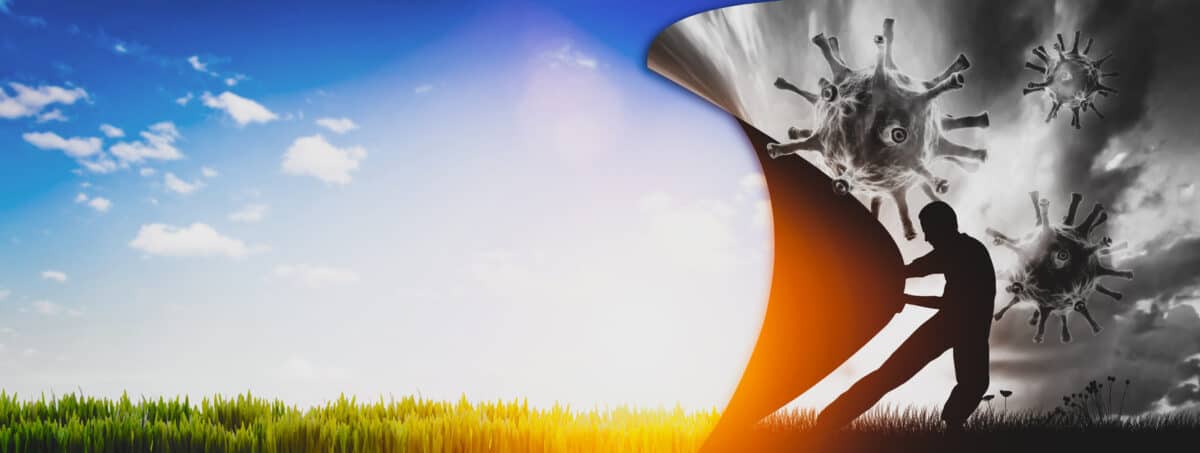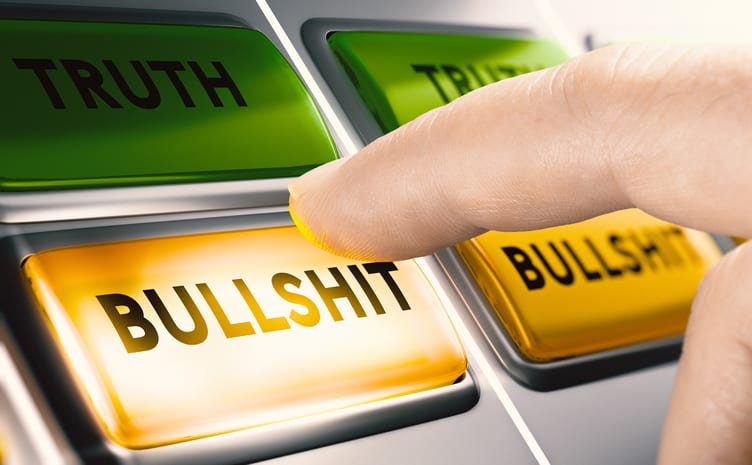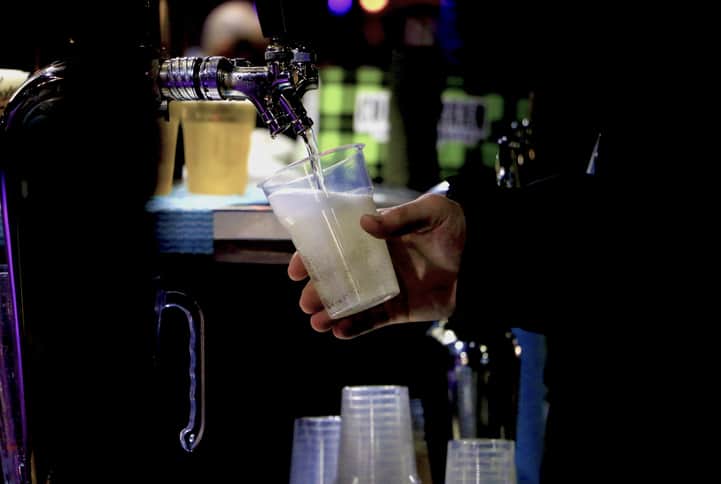One of the first research reports into the psychological impacts of the COVID19 pandemic has been published in the Medical Journal of Australia. It studied the first month of the infection’s appearance in Australia and seems much more evidential than some of the marketing-based survey reports that have also appeared in the last three months. Below is a reformatted summary of findings from the report’s Abstract:
- “The estimated prevalence of clinically significant symptoms of depression was 27.6% and
- of clinically significant symptoms of anxiety 21.0%
- 14.6% of respondents reported thoughts of being better off dead or self-harm on at least some days and
- 59.2% that they were more irritable.
- An estimated 28.3% of respondents reported great optimism about the future.”
The structure of this study was limited to a specific timeframe – April 3-May 3 2020 – so it is no surprise that most of the respondents who had contracted COVID19 were from New South Wales which had outbreaks from the Ruby Princess cruise ship and several aged care facilities prior to the survey period.







